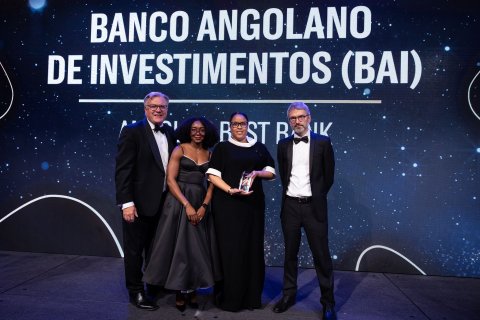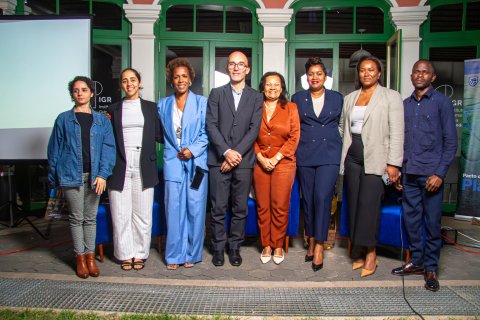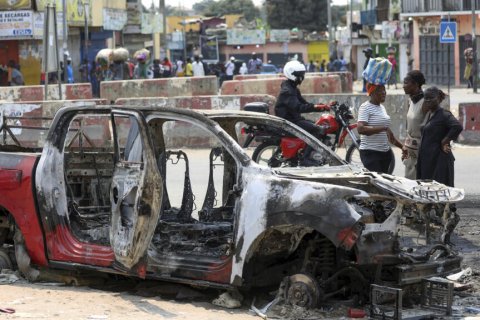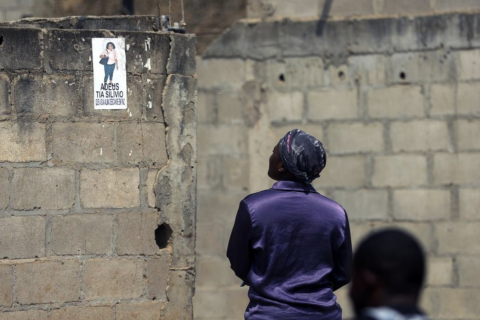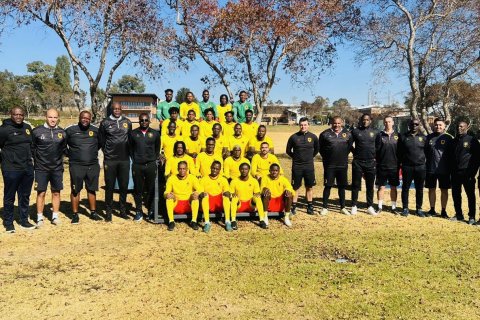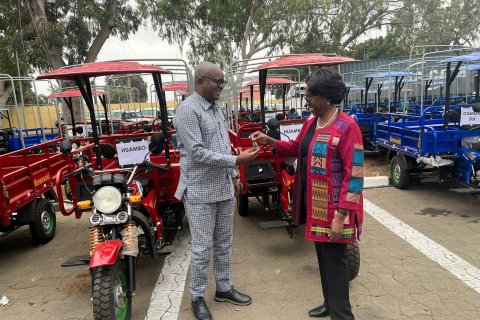With this prototype - designed to move on the floor of a planet or other type of celestial body during space missions, and which includes autonomous robots - the students, who attend the electronics and telecommunications technical course at the aforementioned institute, aimed to creation of a device that would suit extraterrestrial climates. To achieve this, according to Angop, they created a technique aimed at future exploration missions.
According to Alberto Gomes, course supervisor, the intention in creating the prototype was to offer a comprehensive understanding of the practical foundation of the scenario of implementing and developing a robotic rover explorer, with the ability to carry out investigations autonomously in places full of challenges and collect data scientific.
The advisor, speaking to Angop, highlighted that these devices are essential in scientific and research expeditions, especially in places where it is not possible to have humans present.
He added that testing the prototype in the Namibe Desert will serve to collect scientific and telemetric data with a view to evaluating its performance in real situations.
According to Alberto Gomes, the invention "represents a milestone" in space research in the country, bringing significant contributions to our knowledge about the solar system, as well as providing opportunities for new discoveries and achievements in the area of astrobiology and planetary science, writes Angop.
The advisor also said that, in terms of results, the improvement of technology that explores space is expected, as well as progress in understanding environments outside of Earth and the improvement of techniques for future exploration missions on the planet Mars.
According to Angop, the model is connected to Wi-Fi and involved an investment of 670 thousand kwanzas, being operated using a remote control.


